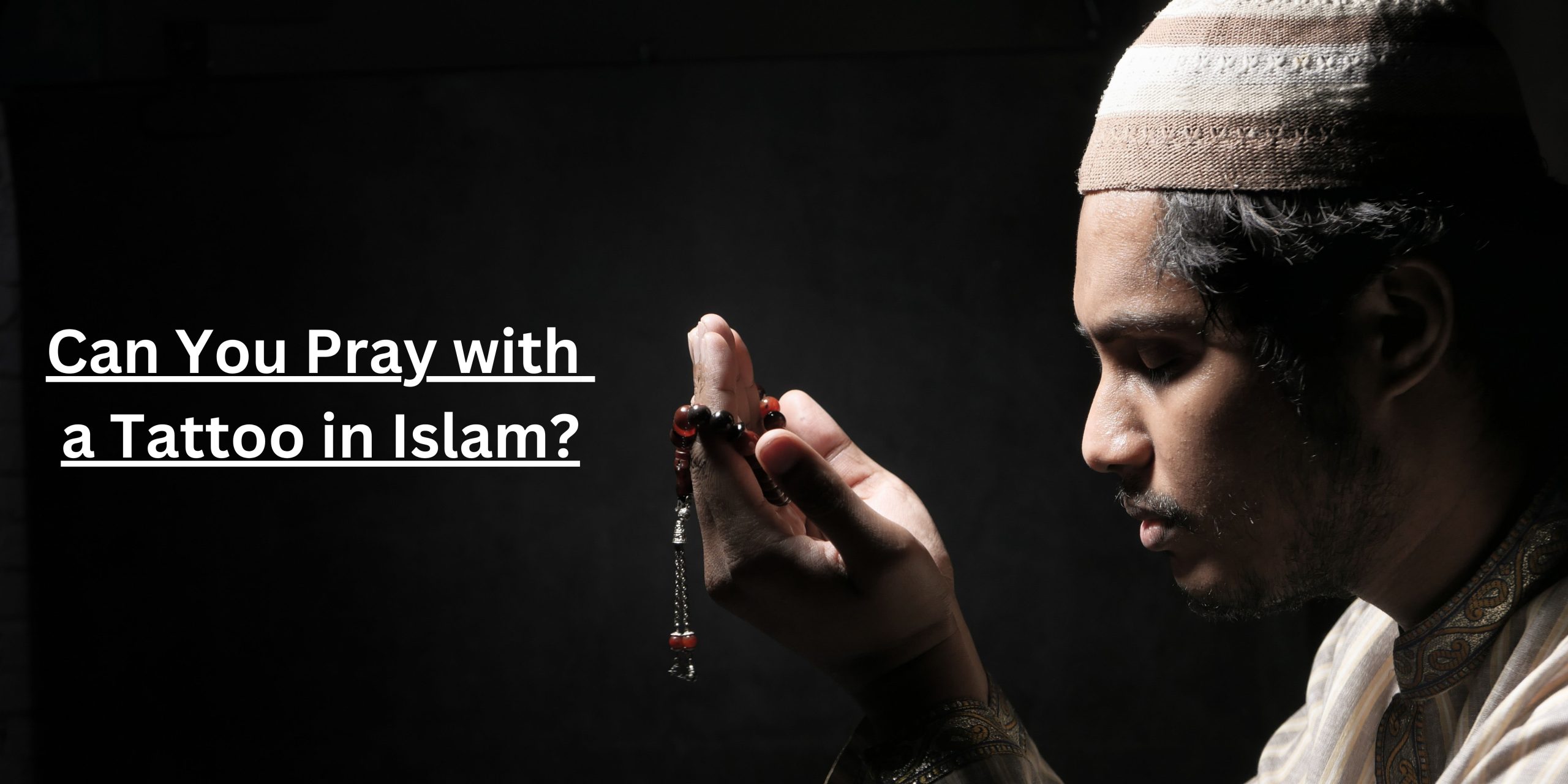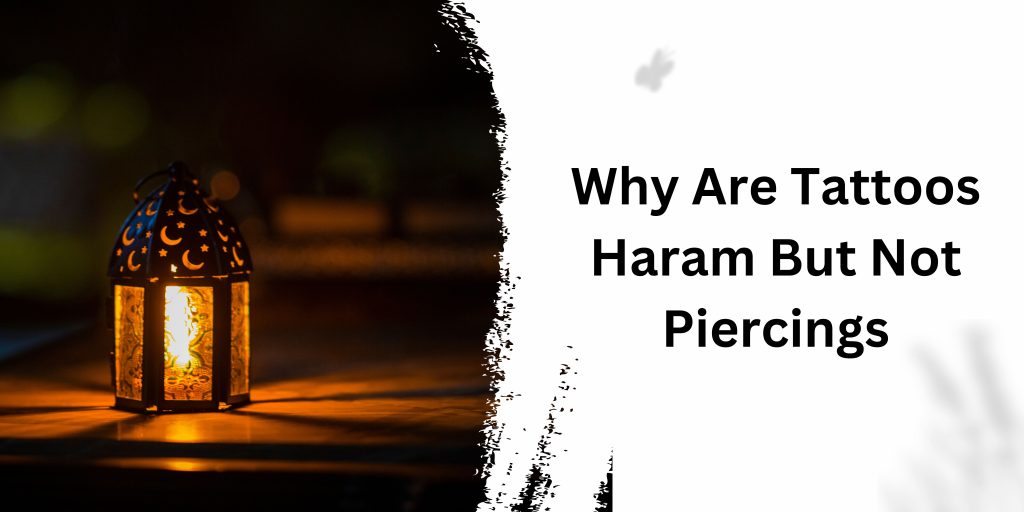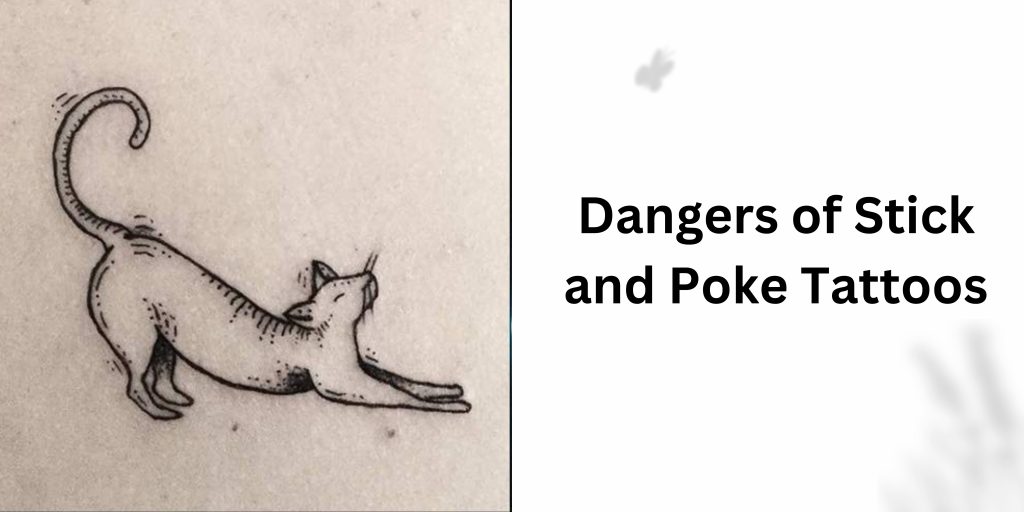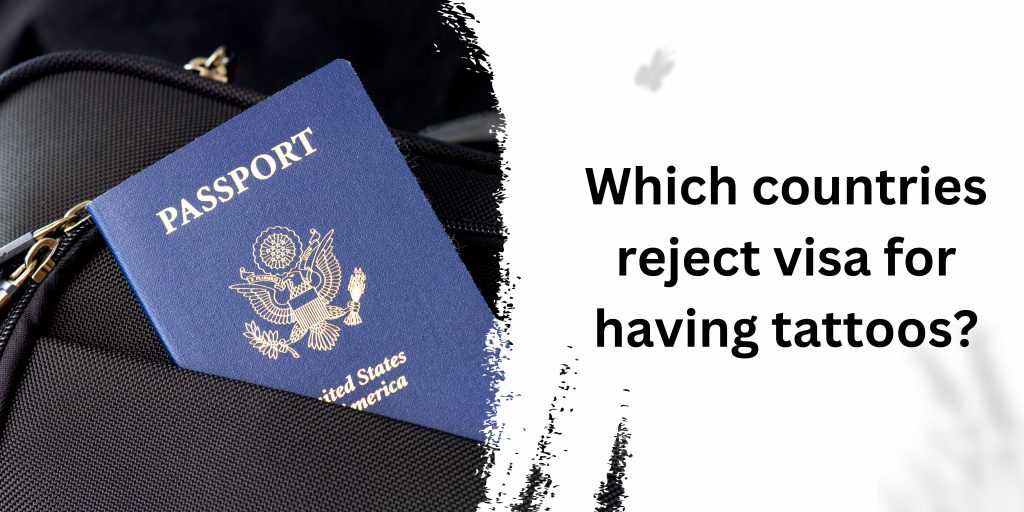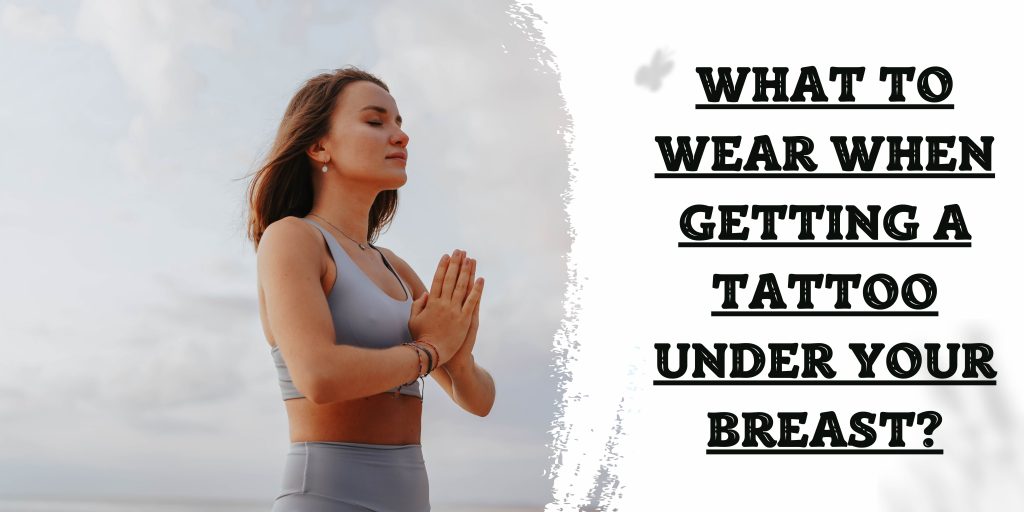In the realm of Islamic practice, where spirituality intertwines with cultural nuances, the topic of tattoos sparks intriguing discussions. This article explores the relationship between tattoos and prayer, delving into the importance of prayer in Islam and the increasing popularity of tattoos. By shedding light on this subject, we aim to provide clarity and understanding within the context of Islamic teachings. In this article, we will explain, can you pray with a tattoo in Islam.
Understanding Islamic Perspective on Tattoos
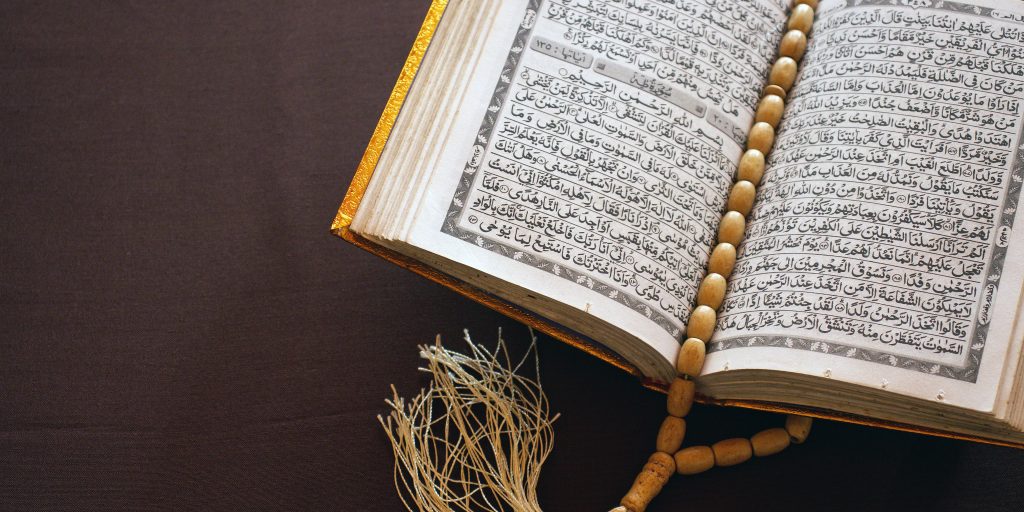
Islamic teachings on body modification
In Islam, the topic of tattoos falls under the broader concept of body modification. The teachings emphasize the importance of respecting and preserving the natural state of one’s body as a creation of God. The Quran encourages modesty and discourages actions that may lead to self-mutilation or altering physical appearance in a way that detracts from one’s inherent beauty.
Scholars’ Interpretations of Tattoos in Islam
Scholars hold varying interpretations regarding the permissibility of tattoos in Islam. Some argue that tattoos are impermissible due to their permanent alteration of the body, which is seen as a form of disrespect towards the divine creation. Others consider temporary tattoos or certain exceptions, particularly if the tattoos carry religious or cultural significance.
Importance of intention in Islamic worship
Intention (niyyah) plays a pivotal role in Islamic worship. It refers to the sincerity and conscious decision to engage in an act of worship for the sake of pleasing Allah. When it comes to praying with a tattoo, the intention behind the act holds great significance. Muslims are encouraged to approach prayer with a pure heart and genuine devotion, regardless of their physical appearance.
While the opinions on tattoos in Islam vary, the intention behind the act of prayer remains central. It is important for individuals with tattoos to reflect on their intentions, ensuring that their prayers are performed with sincerity and reverence.
Read More: Can Teachers Have Tattoos in Texas?
The Historical Context of Tattoos in Islam

Pre-Islamic practices of tattooing
Tattooing has a rich history that predates the advent of Islam. In pre-Islamic societies, tattoos held various cultural and social significance. From the ancient Egyptians to the indigenous tribes of Arabia, tattoos served as markers of identity, status, and even spiritual beliefs.
Cultural Significance of Tattoos in different societies
Across different societies, tattoos have been regarded as symbols of tribal affiliation, rites of passage, and personal expressions of beauty or spirituality. The cultural significance attached to tattoos varied greatly, influenced by regional customs, beliefs, and historical contexts.
Shift in the perception of tattoos over time
Islam emerged in the Arabian Peninsula during a time of immense social and cultural change. The arrival of Islam brought about a transformation in the perception of body modifications, including tattoos. While pre-Islamic Arabia had a tradition of tattooing, the Islamic teachings encouraged a shift towards a more modest and restrained approach to physical appearance.
As Islam spread, scholars began discussing the permissibility of tattoos within the framework of Islamic teachings. This led to diverse interpretations and opinions regarding the acceptability of tattoos in Islam. Some scholars argue that permanent tattoos are prohibited due to their permanent alteration of the body, while others take a more flexible stance, allowing for temporary tattoos or those with cultural or religious significance.
Over time, the perception of tattoos among Muslims has evolved. While there are still varying opinions, many Muslims today approach the topic with a deeper understanding of the principles and values of Islam. They consider the intentions behind their actions, including the decision to get a tattoo, and how it aligns with their devotion to God and the teachings of Islam.
Read More: Tattoo ink for sensitive skin
Rulings on Tattoos in Islam
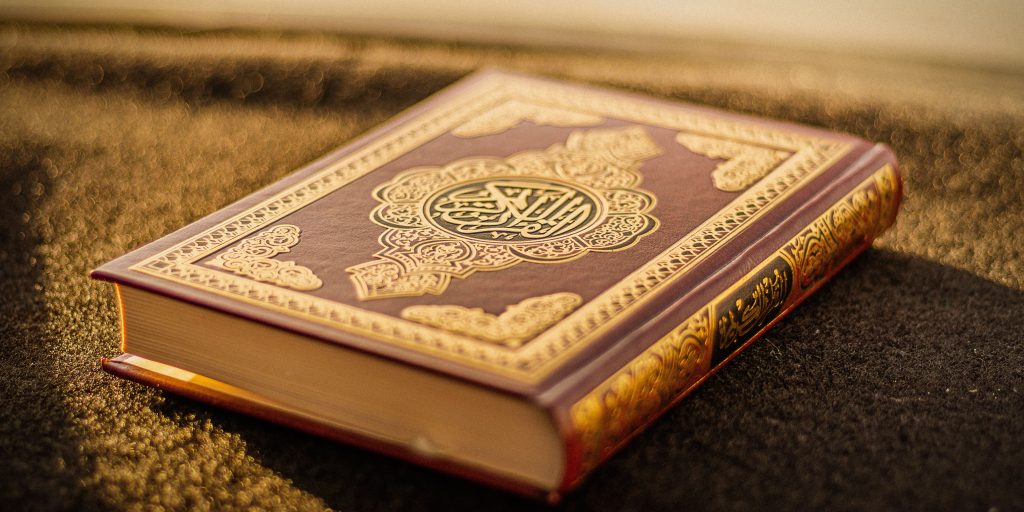
The topic of tattoos in Islam is a subject of ongoing discussion and differing opinions among scholars. When it comes to praying with a tattoo, it is essential to understand the rulings on tattoos in Islam and the different scholarly opinions surrounding them.
Scholars have engaged in extensive discussions on the permissibility of tattoos in Islam. Some argue that tattoos are impermissible due to the potential alteration of the body, which is seen as disrespectful to the divine creation. They emphasize the importance of preserving the natural state of the body as bestowed by Allah.
However, it is crucial to note that scholars hold diverse viewpoints, and some do not outrightly prohibit tattoos. They consider factors such as the nature of the tattoo, its permanence, and the intentions behind getting it. They distinguish between permanent and temporary tattoos in terms of their permissibility in Islam.
Permanent tattoos, which involve a lasting alteration of the skin, are generally viewed as discouraged or prohibited by scholars who emphasize the preservation of the body’s natural state. On the other hand, temporary tattoos, such as henna, which do not permanently change the body, are often considered acceptable or even culturally embraced.
When it comes to prayer, the visibility of tattoos may also be a point of consideration. Some scholars argue that visible tattoos during prayer may distract from the focus and devotion required in the act of worship. However, it is important to remember that the ultimate determining factor is the intention and sincerity of the individual.
It is advisable for individuals with tattoos who seek clarity to consult knowledgeable scholars and seek their guidance. Understanding the nuances of different scholarly opinions can help individuals make informed decisions about their personal situations and practices.
Impact of Tattoos on Prayer
The question of whether one can pray with a tattoo in Islam raises various considerations, including the impact of tattoos on prayer, the views on tattoos’ impact on the validity of prayer, the visibility of tattoos during prayer, and the opinions on distractions caused by tattoos.
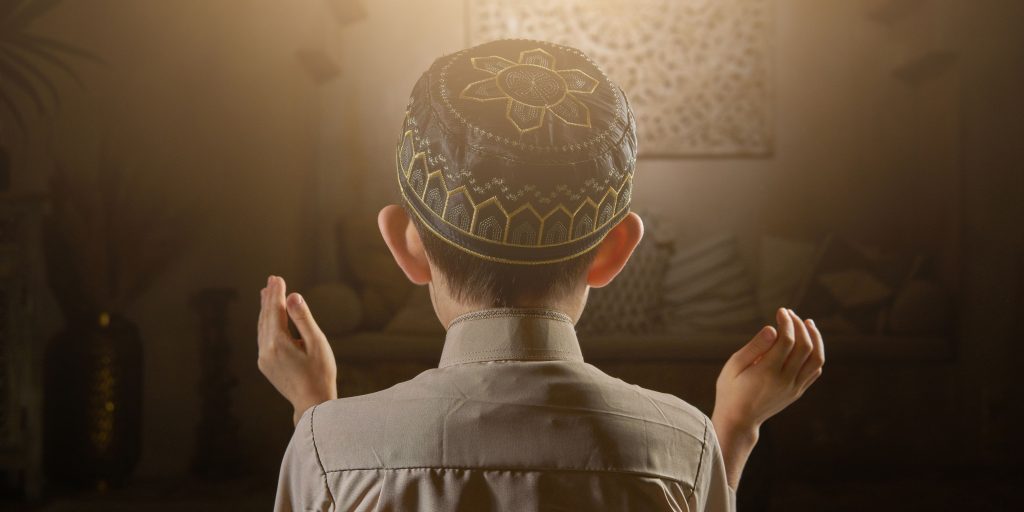
Views on tattoos’ impact on the validity of prayer differ among scholars. Some argue that having a tattoo does not invalidate the prayer itself, as long as the individual fulfils the necessary conditions, such as performing ablution (wudu) properly. They emphasize the importance of sincerity and intention in prayer, rather than focusing solely on external appearances.
When it comes to the visibility of tattoos during prayer, opinions may vary. Some scholars advise concealing tattoos during prayer out of respect and to maintain a sense of modesty. However, others argue that the visibility of tattoos does not inherently affect the validity of prayer as long as one’s intention remains focused on worshipping Allah.
Opinions on distractions caused by tattoos also come into play. While some argue that tattoos can be distracting during prayer, potentially diverting one’s attention away from the act of worship, others contend that distractions can arise from various sources and that it is ultimately the individual’s responsibility to maintain focus and devotion.
It is important to note that the Islamic faith places significant emphasis on the sincerity and intention behind acts of worship. While physical appearances are considered, they are not the sole determinants of the validity of prayer. Muslims are encouraged to prioritize their inner state of devotion and spiritual connection with Allah.
Ultimately, the question of praying with a tattoo in Islam is multifaceted. While tattoos may present certain considerations, including visibility and potential distractions, the focus remains on the individual’s intention, sincerity, and commitment to worshipping Allah. Seeking knowledge, consulting with scholars, and reflecting on personal convictions can aid in navigating this matter within the context of Islamic principles and personal beliefs.
The Role of Intention in Islamic Worship
Islamic worship places great emphasis on the role of intention (niyyah) in the performance of rituals. Understanding the significance of intention in Islamic rituals helps shed light on the question of whether one can pray with a tattoo in Islam.
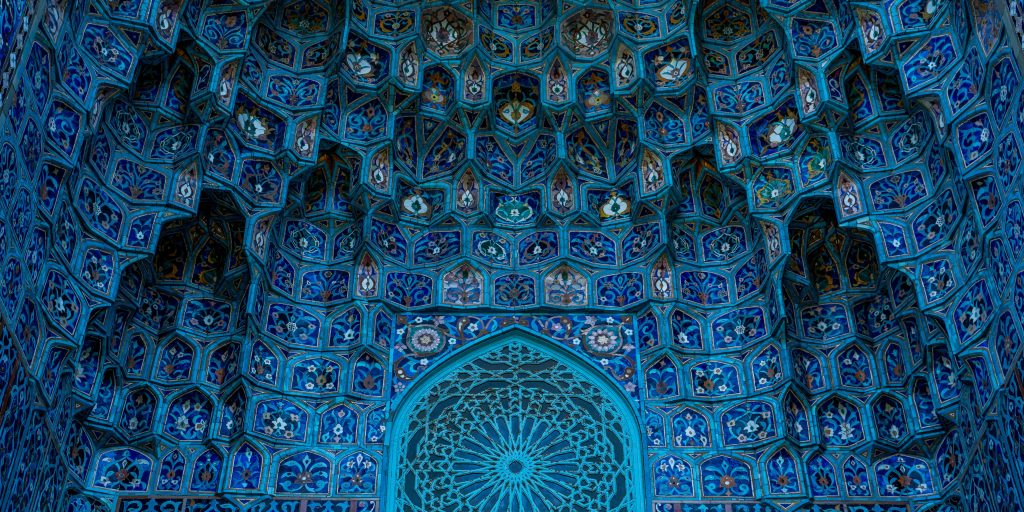
Significance of Intention in Islamic Rituals
Intention serves as the driving force behind Islamic worship. It involves having a sincere and conscious purpose to perform acts of worship solely for the sake of pleasing Allah. The intention shapes the spiritual dimension of the action, infusing it with devotion and a sense of purpose.
Relationship between intention and external appearance
When it comes to tattoos and prayer in Islam, the relationship between intention and external appearance becomes relevant. While tattoos may alter one’s external appearance, they do not inherently affect the sincerity of one’s intention to worship Allah during prayer.
Islam teaches that Allah looks into the hearts and intentions of individuals rather than their outward appearance. Therefore, individuals with tattoos can still approach prayer with pure intentions and strive to establish a deep connection with their Creator.
Balancing personal expression and religious obligations
The question of praying with a tattoo in Islam also involves finding a balance between personal expression and religious obligations. While Islam encourages modesty and maintaining the natural state of the body, it also recognizes the diversity of human expression and cultural practices.
Individuals with tattoos can navigate this balance by considering the nature and significance of their tattoos, the visibility during prayer, and the underlying intentions. They can reflect on whether their tattoos align with Islamic values and strive to express their individuality within the boundaries set by their faith.
Alternative Forms of Personal Expression
In the context of Islam, where the preservation of the body’s natural state is emphasized, individuals seeking personal expression may explore alternative forms of body art that align with Islamic principles. This includes considering non-permanent options and culturally accepted practices such as henna while embracing individuality within the boundaries set by the faith.
Exploring non-permanent forms of body art
For those who wish to express themselves without permanent alterations to their bodies, non-permanent forms of body art offer a viable solution. Temporary tattoos, body paint, or even intricate designs drawn with natural substances can be embraced as a means of self-expression while respecting the principle of preserving the body’s natural state. people get tattoos on different parts of the body like tattoos on the chest, tattoo on the spine, tattoo on back
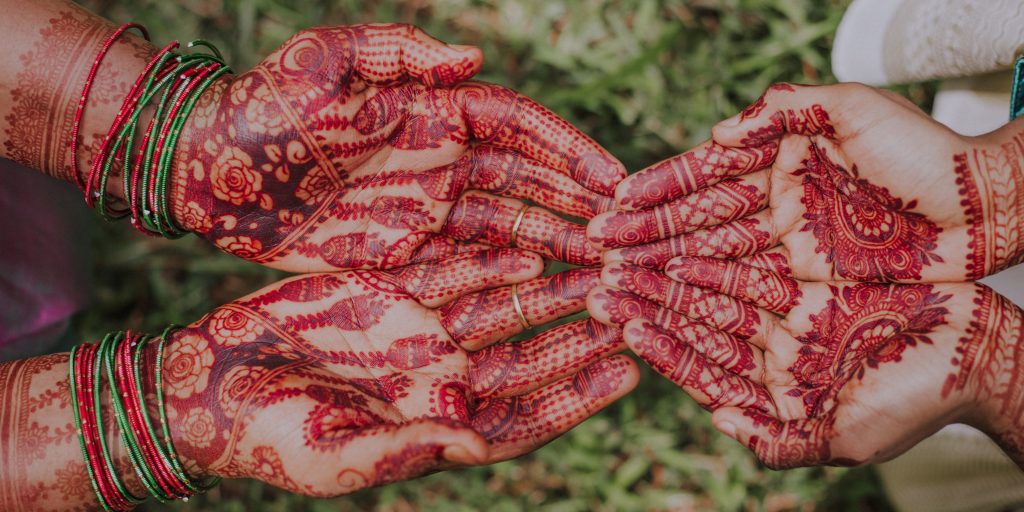
Henna and other culturally accepted practices
Henna, a traditional form of body art, holds a special place within Islamic culture. It involves applying a paste made from the henna plant onto the skin, resulting in intricate and temporary designs. Henna is widely accepted and embraced by Muslims as a culturally significant and permissible form of self-expression.
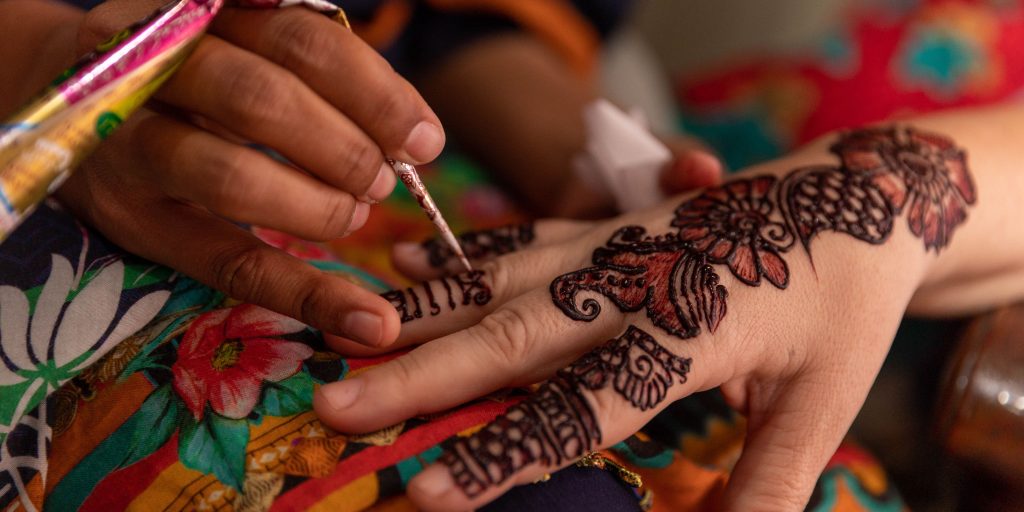
Embracing individuality within Islamic boundaries
Islam recognizes the importance of individuality and self-expression within the framework of its teachings. While tattoos may present certain challenges in terms of their permanence and potential conflicts with Islamic values, individuals can explore other avenues to embrace their uniqueness.
By considering alternative forms of body art, such as non-permanent options and culturally accepted practices like henna, individuals can strike a balance between expressing their individuality and adhering to Islamic principles. It is essential to be mindful of the boundaries set by Islam and to approach personal expression with respect for the teachings of the faith.
Conclusion
the question of whether one can you pray with a tattoo in Islam involves considering various factors and interpretations. While opinions may differ, it is important to summarize the key points discussed: the significance of intention in Islamic worship, different scholarly opinions on tattoos, and the balance between personal expression and religious obligations.
Muslims are encouraged to engage in personal reflection and seeking knowledge, consulting with knowledgeable scholars to navigate this matter. Ultimately, the emphasis lies on the importance of sincere worship in Islam, where inner devotion and connection with Allah hold greater significance than external appearances.

